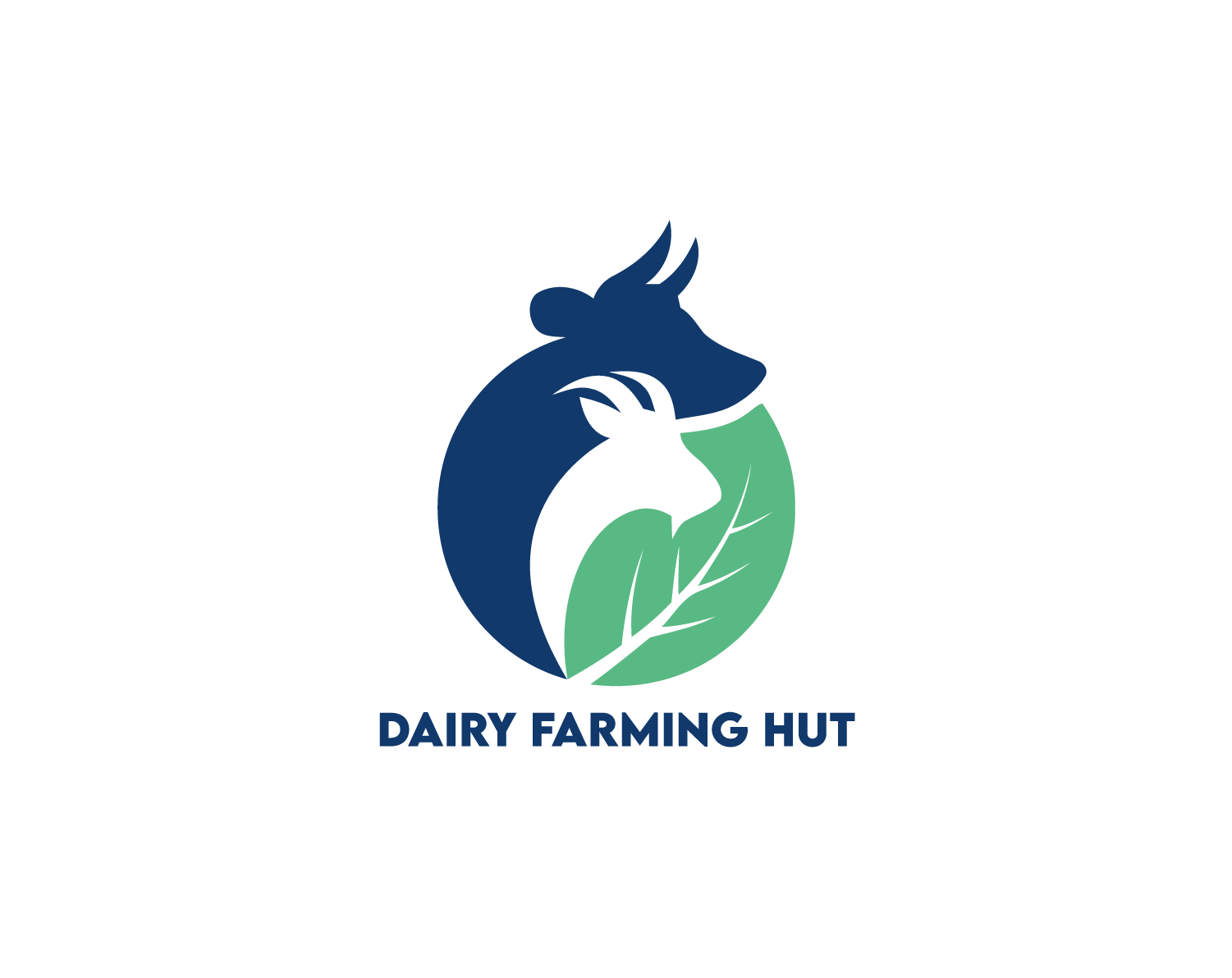There are many different types of sheep, and not all of them can produce milk that is suitable for making cheese. Only certain breeds of sheep have been bred for milk production, and of these breeds, there is a handful that cheesemakers prefer because they produce the best cheese.
Sarda, East Friesian, Lacaune, Awassi, and British Milk sheep are the best breeds for cheese production because they have been bred specifically for dairy. As a result, their milk has a superior fat and protein content and can be used to make rich, creamy cheeses of exceptional quality.
If you are interested in getting started with keeping dairy sheep and making cheese, it is crucial to choose the right breed of sheep. The best breed for you will depend on the kinds of cheeses you want to make, your climate and environment, and your local market conditions.
Does Sheep Milk Make Good Cheese?
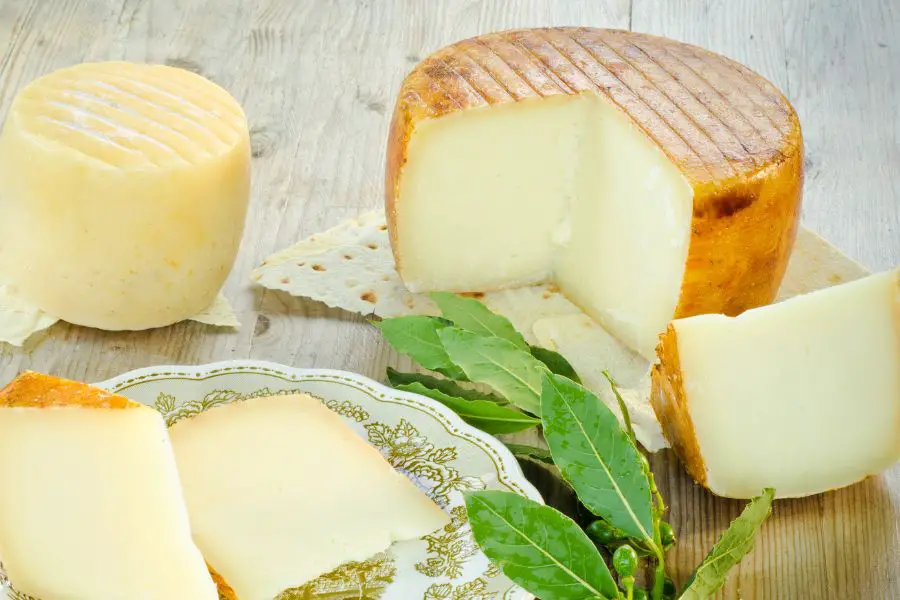
Most people know of cheeses made from cow's or goat's milk. However, sheep's milk is also used for cheese production, especially in Europe.
Cheesemakers often prefer using sheep milk for making high-quality cheeses because it has a higher fat and protein content than cow or goat milk. This results in a creamier, richer flavor and texture in the finished cheese.
Many of the world's most famous and highly prized cheeses, such as Roquefort and Pecorino, are traditionally made from sheep milk. Sheep milk is also used to make other popular cheeses such as Feta, Sheep Gouda, and Manchego.
Which Breed Of Sheep Is Best For Cheese?
Different sheep breeds have different milk production and quality characteristics. Some sheep breeds are considered better than others when it comes to cheese production.
Let's have a look at the top dairy sheep breeds for making cheese:
Sarda Sheep
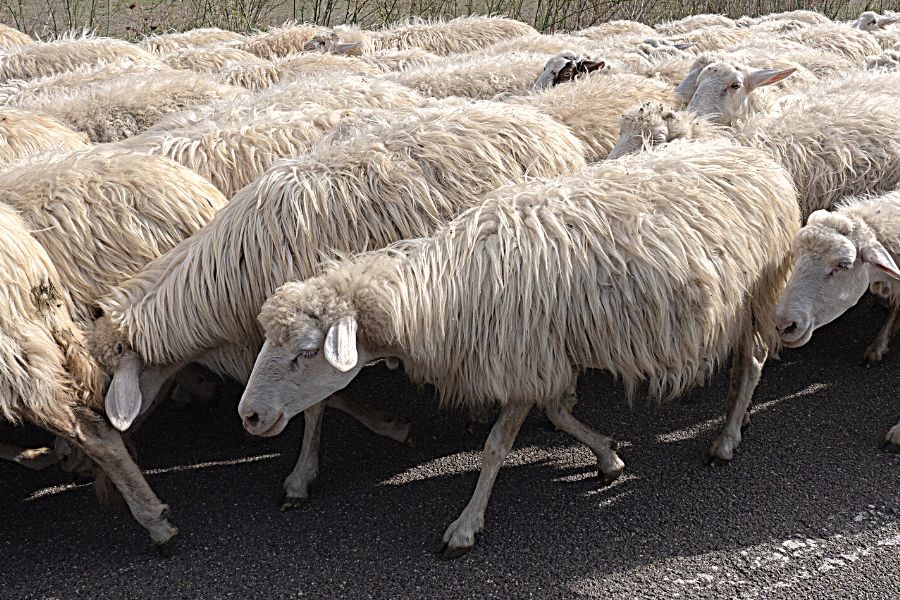
Flock of Sarda Sheep
One of the most popular dairy sheep breeds for cheese production is the Sarda. Sometimes the breed is referred to as Campidano, Cagliari, or Sardinian sheep.
This breed is native to Sardinia, Italy, as its name suggests. They are known for their toughness and adaptability, allowing them to thrive in Sardinia's rugged and mountainous terrain.
The Sarda sheep is a medium-large breed. Ewes usually grow to around 90 pounds, and rams reach approximately 130 pounds. Sardas are beautiful, fluffy, white sheep. The rams have horns, but the ewes do not.
It is primarily a dairy breed known for its high milk production and quality. Sarda sheep are known for producing milk that is high in fat and protein content, making it ideal for cheese production.
Recently, Sarda sheep have been bred for udder conformation. This makes them suitable for automatic milking – perfect for medium-to-large scale dairies.
Milk from Sarda sheep is perfect for making traditional Sardinian cheese, like Pecorino Sardo and Fiore Sardo.
East Friesian Sheep
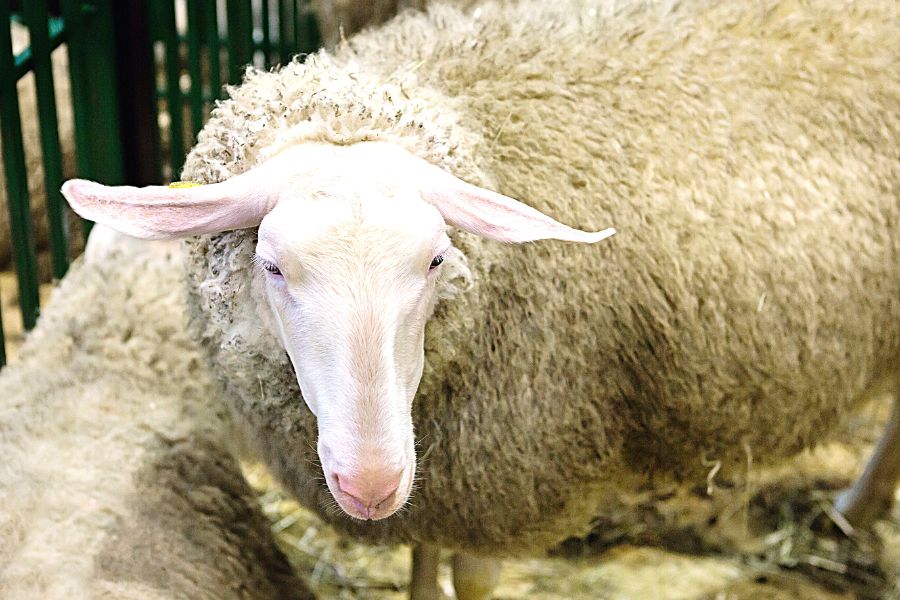
East Friesian Sheep
The East Friesian is named after a region in northern Germany where the breed originates. However, because it comes from a cooler part of the world, it is not particularly well-adapted to hot climates.
Of all the dairy sheep breeds in the world, the East Friesian produces the largest quantity of milk. You can expect around 80 to 160 gallons of milk per ewe per lactation season. They tend to lactate for about 200 to 300 days.
Just because they produce a high quantity of milk, it does not mean that they compromise on quality!
They produce milk with a very high butterfat content, making it fantastic for cheese production. It is used to make several types of traditional cheese, like Feta, Gouda, and Edam.s
East Friesians are a medium-large breed, with ewes weighing around 150 pounds and rams weighing about 200 pounds. They are white in color, and neither rams nor ewes have horns.
This breed is not very well-suited to large-scale dairy farms. It has been bred to be kept in small numbers, generally as a household dairy sheep.
Lacaune Sheep
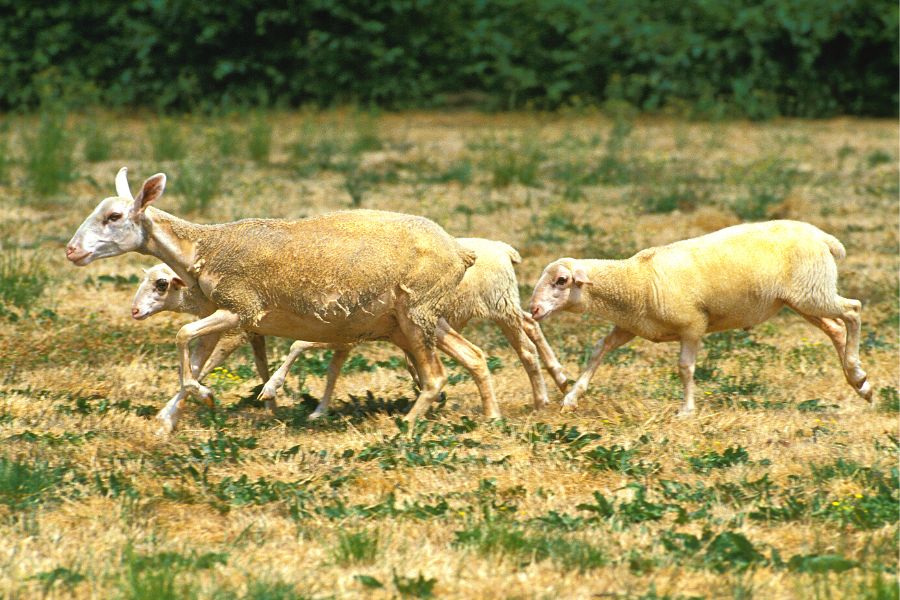
The Lacaune breed is also an excellent option for cheese production. It is native to the south of France.
Lacaune is a medium-large breed. Mature ewes weigh around 150 pounds, and rams weigh approximately 220 pounds.
They are white in color, and their wool is quite strange looking. Most Lacaune sheep don't have much wool on their head, legs, and belly, so they always look as if they have just been shorn.
They have distinctive floppy ears, and both ewes and rams are hornless.
Lacaune sheep are primarily a dairy breed known for their high milk yield and quality. They are known for producing milk that is very high in protein – great for making high-quality cheese!
Their milk has a sweet taste and is used to make several types of traditional French cheeses, such as Roquefort and Cantal.
Lacaune sheep are well-suited for large, intensive systems. They can be automatically milked.
They have good resistance to diseases and parasites and are able to adapt well to different environments and climates.
Awassi Sheep
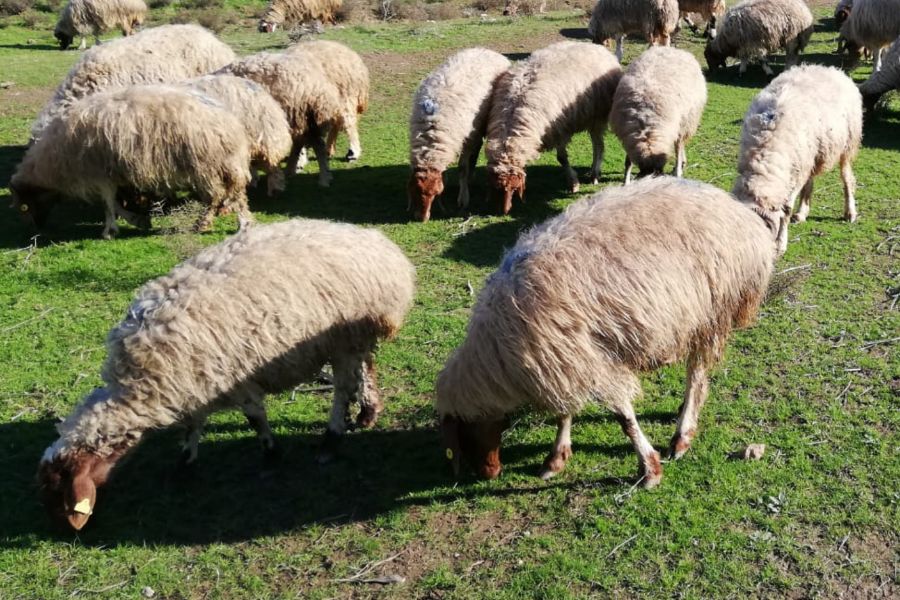
The Awassi, a breed of sheep that originates from the Middle East and the Mediterranean region, is another good option for cheese production.
After the East Friesian, the Awassi sheep is the highest milk producer. These sheep can tolerate harsh, hot, dry conditions without compromising milk production.
Awassi ewes generally weigh between 65 and 110 pounds, and rams usually weigh between 130 and 200 pounds. Rams have large, spiral-shaped horns, but females usually do not have horns.
Awassi sheep are white in color, with a brown head and neck. Sometimes they have brown markings on their bodies.
Awassi sheep are bred for their meat, wool, and milk. They produce delicious, creamy milk that is high in butterfat.
Awassi milk is used to make several types of traditional Middle Eastern cheeses, such as Halloumi and Nabulsi.
British Milk Sheep
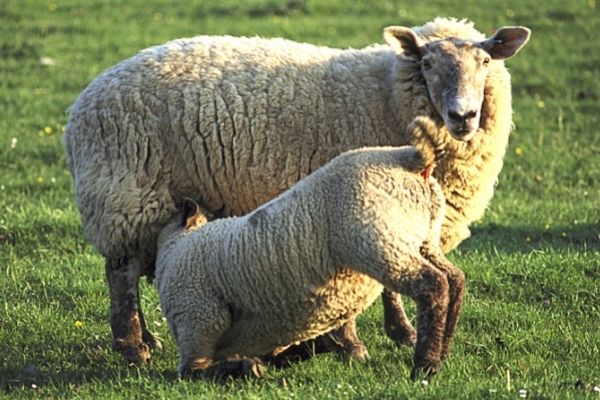
Finally, the British Milk Sheep is also considered a good choice for dairy and cheese production. As their name suggests, they come from the United Kingdom.
As a medium-large breed, British Milk sheep ewes grow to around 174 pounds, and rams reach about 227 pounds. They are white in color, and neither rams nor ewes have horns.
They are docile, easy to manage, and have an amazing fertility rate. Mature ewes often have litters of triplets!
The British Milk sheep is known for producing high quantities of milk with high protein content. The milk is perfect for making traditional British cheeses such as Cheddar and Caerphilly.
Which Sheep Breeds Are Not Good For Cheese?
Some sheep breeds are more commonly raised for meat or wool production and may not have the same milk production or quality characteristics as dairy sheep breeds.
Here are a few examples of sheep breeds that are not typically used for cheese production:
- Suffolk
- Merino
- Dorset Horn
- Hampshire Down
- Jacob
Conclusion
Overall, the Sarda, East Friesian, Lacaune, Awassi, and British Milk sheep breeds are the best options for cheese production because their milk has the highest fat and protein content. Choose one of these breeds based on the climate in your region, the size of the dairy operation you want to start, and, of course, the types of cheeses you wish to make.
